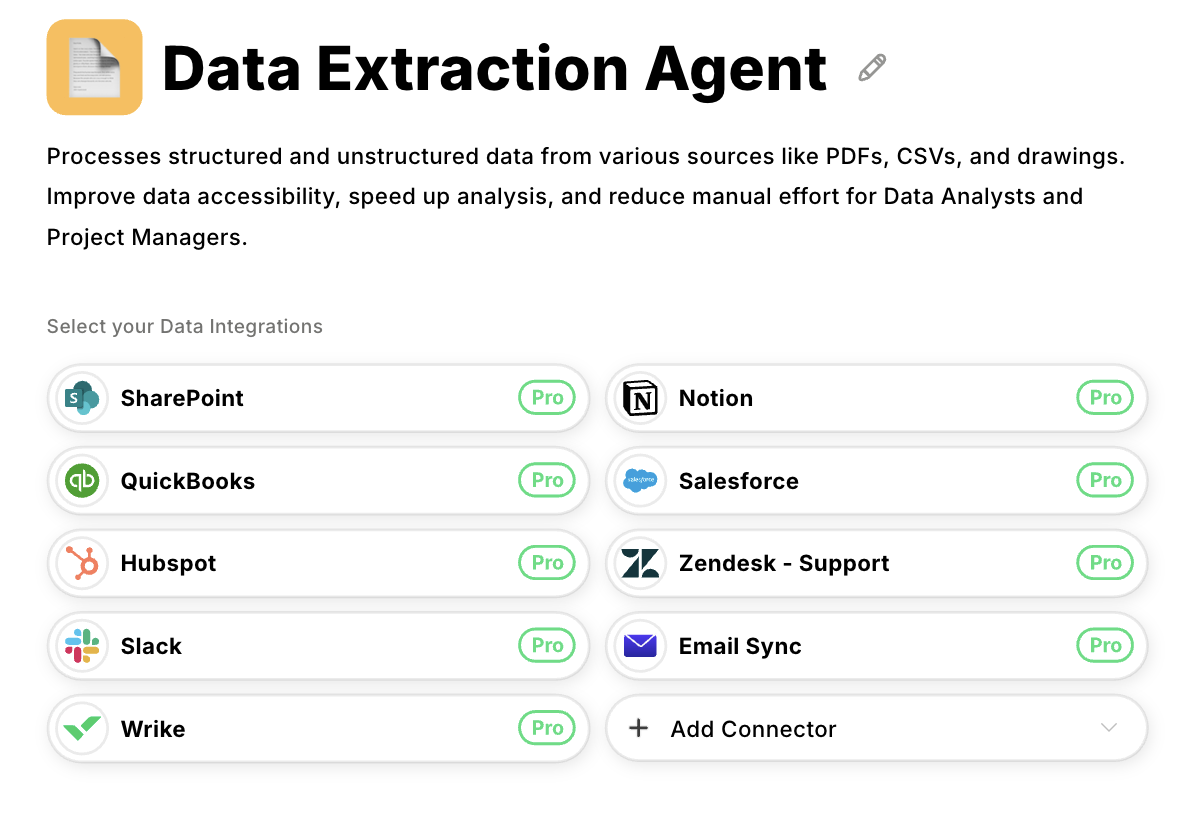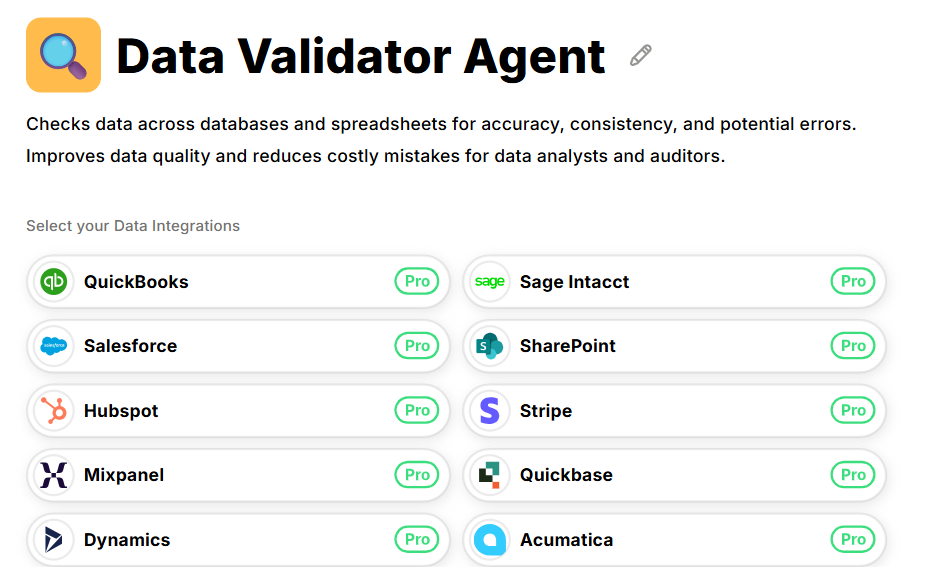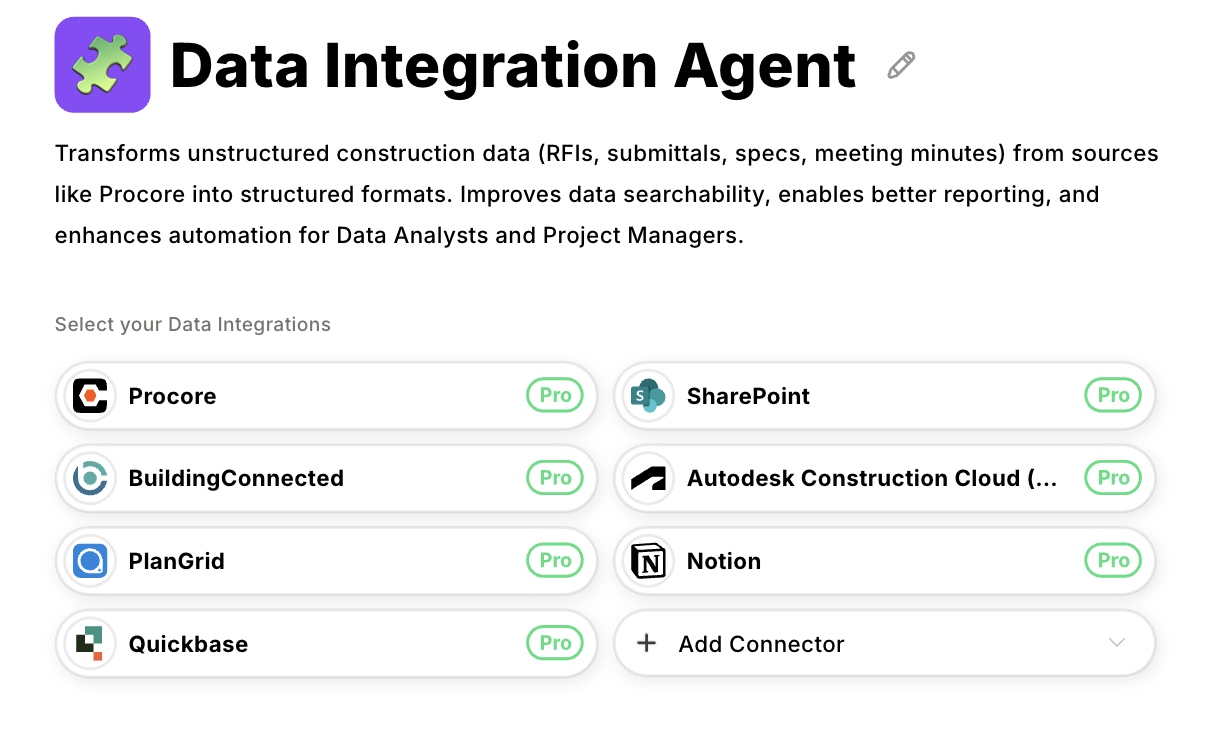This article was last updated on January 16, 2026.
Your draw package gets rejected because one subcontractor's lien waiver is missing. The inspection report doesn't match the contractor's completion percentage. Your project timeline slips another two weeks while your team scrambles to reconcile documentation that should have been verified before submission.
This breakdown happens constantly across commercial real estate development. AI agents now offer development managers a way to automate project financing coordination and prevent these costly delays.
This article explores where draw scheduling breaks down, the workflow problems that stall packages, and how AI agents can execute financing coordination tasks to reduce the manual burden that consumes hundreds of staff hours per project.
Why Draw Package Delays Keep Getting Worse
The scale of payment delays in construction has grown significantly. According to the Construction Payments Report analyzed by PB Mares, 82% of contractors now experience payment delays exceeding 30 days, up from 49% just two years ago.
Missing Documentation Stalls Disbursements
Each construction draw requires multiple document types from various parties, and if even one lender-required document is missing, the entire disbursement stalls. Banking regulators require specific documentation before funds can be released, creating a situation where payment delays directly extend project timelines.
Payment Delays Extend Project Schedules
According to the Mobilization Funding 2025 Report, 76% of construction professionals report that these delays extend their project schedules by several weeks. The ripple effects compound across trades, with downstream contractors waiting on funds that are stalled due to upstream documentation issues.
The Time Burden Falls on Development Managers
Coordinating approvals across multiple parties while ensuring every compliance checkpoint passes before funds move consumes hundreds of hours across multiple draws throughout a typical project. Each draw typically requires several hours of staff time for data entry, coordination, and tracking, multiplied across multiple draws throughout a typical project lifecycle.
Where Project Financing and Draw Scheduling Break Down
Construction draw scheduling follows a structured process where loan funds are disbursed incrementally based on verified project milestones and comprehensive documentation packages. In practice, the process creates bottlenecks at every stage.
Documentation and Multi-Party Coordination
Each draw request demands multiple document types that must align perfectly:
- AIA Document G702 and AIA Document G703
- Line-item invoices matching budget categories
- Progress photos and inspection certificates
- Lien waivers from all contractors and subcontractors
- Building permits
- Purchase and sale agreements, loan documents, and financial statements
- Rent rolls, environmental assessments, and title documents
Development managers must coordinate between client-side project managers, project owners, general contractors, and construction lenders, each maintaining their own documentation standards and approval timelines.
When everyone involved maintains their own copy of the construction budget and supporting documentation, reconciliation becomes chaotic. Progress percentages don't match inspection findings, and invoice amounts don't align with approved line items.
Datagrid's Data Extraction Agent processes these complex documentation packages (PDFs, spreadsheets, forms, and supporting materials) to surface discrepancies before they reach the lender and cause rejection.

Compliance Verification for Draw Approvals
Every draw must pass documentation completeness checks, lien waiver verification, physical progress confirmation through independent inspection, and budget compliance review. Federal banking regulators require lenders to maintain strict policies around appraisal guidelines, loan-to-value limits, debt-service coverage ratios, and ongoing collateral inspection.
These regulatory requirements cascade to developers through loan covenant requirements, creating a compliance burden that demands systematic tracking rather than manual coordination.
How AI Agents Automate Draw Package Coordination
Manual processes like chasing signatures through email threads and reconciling spreadsheets across dozens of budget categories consume development manager time that should focus on relationship management and exception handling. AI agents address these workflow bottlenecks by executing the document processing and coordination tasks automatically:
- Document extraction and validation: Processing PDFs, spreadsheets, and forms to extract key data points, then cross-checking invoice line items against approved budgets, lien waiver amounts against payment requests, and inspection findings against contractor progress claims
- Discrepancy identification: Surfacing mismatches between document sets before packages reach the lender, flagging when budget categories exceed approved amounts, lien waivers are missing for listed subcontractors, or claimed completion percentages don't align with inspection reports
- Workflow routing and tracking: Sending reminders when required documentation is outstanding, routing completed packages through approval chains, and maintaining status visibility across all stakeholders
- Compliance monitoring: Checking documentation completeness against lender requirements, performing debt-service coverage calculations, tracking LTV thresholds, and flagging potential covenant issues before they delay disbursements
Datagrid's Data Validator Agent ensures the upstream data flowing into draw packages is accurate and complete, checking for inconsistencies before documentation reaches financing platforms.

The Data Integration Agent transforms unstructured construction documents (RFIs, submittals, specifications, and meeting minutes) into structured formats that integrate cleanly with financial systems, ensuring the data feeding draw packages is searchable and properly formatted from the source.

Implementation Priorities for Development Managers
Development managers modernizing financing coordination should prioritize several capabilities.
Capital Stack Intelligence: Platforms must enforce capital source rules across equity, mezzanine, and debt tranches automatically. General construction tools require heavy configuration to address these developer-specific requirements.
Audit-Ready Documentation: Construction draw packages require automatic documentation linking that creates audit trails meeting lender expectations. Manual assembly of supporting materials creates both compliance risk and significant time burden.
Integration with Financial Systems: Document processing that doesn't connect to accounting and budget tracking and lender reporting creates data islands requiring manual reconciliation. Datagrid's agentic AI platform addresses this by processing construction documents at the source and connecting that structured data directly to financial systems.
Multi-Party Coordination: Effective platforms must coordinate between client-side project managers, project owners, general contractors, and construction lenders while maintaining documentation standards across all parties.
Exception-Based Workflows: AI agents should surface exceptions requiring human judgment rather than burying them in routine processing. Development managers need visibility into anomalies (e.g., budget variances, missing documentation, inspection discrepancies) without manually reviewing every transaction. The best systems escalate intelligently while processing routine items automatically.
Real-Time Status Visibility: Stakeholders across the capital stack need dashboard access to track draw progress without calling for status updates. Lenders, equity partners, and internal teams should see current draw status, pending approvals, and documentation gaps through self-service interfaces that reduce coordination overhead.
Development managers who modernize financing coordination create operational advantages that accelerate project timelines and reduce the coordination burden that currently consumes hundreds of staff hours per project.
Streamline Project Financing Coordination With Datagrid
Datagrid's AI agents help development managers automate the document processing and coordination tasks that slow down draw packages:
- Document extraction across complex packages: Datagrid's Data Extraction Agent processes PDFs, spreadsheets, forms, and supporting materials to pull key data points from AIA forms, lien waivers, inspection reports, and invoices automatically.
- Discrepancy detection before lender submission: AI agents cross-check invoice line items against approved budgets, lien waiver amounts against payment requests, and inspection findings against contractor progress claims to surface mismatches before they cause rejection.
- Upstream data validation: The Data Validator Agent ensures the data flowing into draw packages is accurate and complete, checking for inconsistencies before documentation reaches financing platforms.
- Structured data integration with financial systems: The Data Integration Agent transforms unstructured construction documents into structured formats that integrate cleanly with accounting and budget tracking systems, eliminating manual reconciliation.
- Workflow routing and compliance monitoring: AI agents send reminders for outstanding documentation, route completed packages through approval chains, and flag potential covenant issues before they delay disbursements.
Create a free Datagrid account to start automating your draw package coordination and reduce the manual burden that consumes hundreds of staff hours per project.













